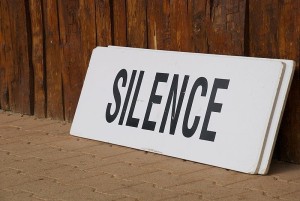Prager University sued Google LLC and YouTube, LLC, alleging that defendants discriminated against plaintiff’s conservative political viewpoints by restricting its videos on YouTube. Plaintiff asked the court to issue a preliminary injunction to prevent defendants from continuing these practices and to allow plaintiff’s videos unrestricted access on the platform. Plaintiff also sought damages for alleged violations of free speech rights and other claims.
The court decided in favor of defendants. It dismissed plaintiff’s federal claims under the First Amendment and the Lanham Act and declined to exercise jurisdiction over the state law claims. Additionally, the court denied plaintiff’s motion for a preliminary injunction.
The court ruled that defendants, as private entities, were not state actors and therefore not bound by the First Amendment. It found that YouTube’s platform, even if widely used for public discourse, does not transform it into a public forum subject to constitutional free speech protections. Regarding the Lanham Act, the court concluded that statements about YouTube being a platform for free expression were non-actionable “puffery” and not specific enough to be considered false advertising.
In dismissing plaintiff’s state law claims, the court noted that they raised complex issues of California law better suited for state courts. This decision left open the possibility for plaintiff to amend its complaint or pursue claims in state court.
Three reasons why this case matters:
- Clarification of First Amendment Limits: The ruling reinforces that constitutional free speech protections apply only to government actors, not private companies.
- Role of Platforms in Content Moderation: The case highlights ongoing debates about the responsibilities of tech companies in regulating content and their impact on public discourse.
- Defining Puffery vs. Advertising: The court’s finding that statements about neutrality were mere puffery provides insight into how courts assess claims of false advertising.
Prager University v. Google LLC, 2018 WL 1471939 (N.D. Cal. March 26, 2018)





